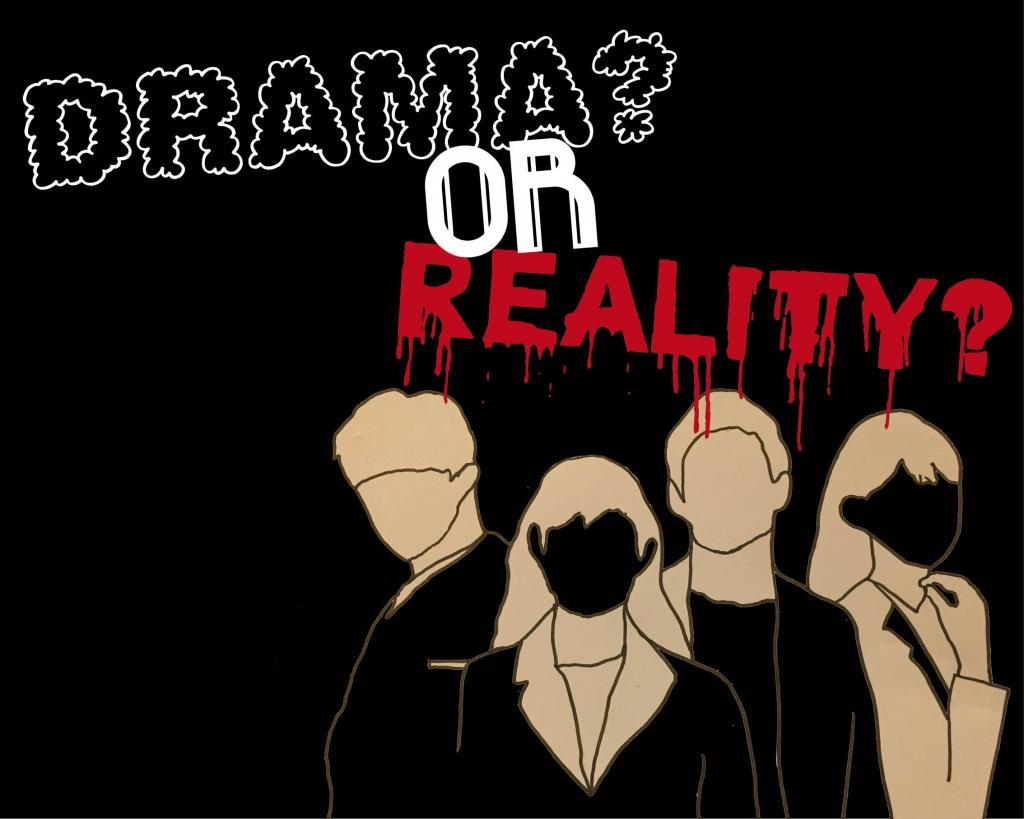A typical Korean drama setting often draws two characters recovering from several hardships and eventually falling in love with each other. Now sprinkle in spices of medical emergencies, blood-splattering surgery scenes, bone-chilling weeping, and earsplitting screams. The story now transforms into a more eye-catching, captivating drama, only to later set up a series of illusions on the audience.
One of the most popular dramas in Korea, “Doctors,” has created, or perhaps contorted reality into a seemingly fairytale-like story about the medical industry. Although directors have the right to stretch their imaginations and add exaggerated elements as garnishes to their works of art, too much embellishment can be risky. In light of this overwhelming popularity of “Doctors,” viewers should be more aware of how such blown-up stories incorrectly depict reality.
In the real world, doctors must travel a long and arduous path to claim their positions and titles. Most take about fourteen years to train for the job—four years of college, four years of medical school, and more years of internships and residencies. All the painstaking effort and time real doctors put in are, in fact, ruthlessly cut down to just a few short scenes. In these medical dramas, doctors are rather drawn as those who are able to enjoy an easygoing, romantic life at hospitals. For example, in “Doctors” female actresses wear heavy make-up and nail polish in surgical scenes, but real-life doctors can, if ever, only wear makeup and flashy outfits on special occasions. All these exaggerated love scenes, inappropriate use of accessories, and seemingly leisurely schedules all add up to make it seem easy for the everyday citizen to become a doctor.
Such portrayals of doctors in these fantastical settings undermine the hard work of individual doctors that go through real medical internships and jobs. While it may appear quite laid back to work as a medical intern in “Doctors”, the truth is that medical interns today suffer from cruelly packed schedules.
Indeed, inflated falsification can have positive aspects as well—the lighthearted environment illustrated in dramas can not only encourage enrollment rates in medical fields but also entertain audience with slight altercation of reality. Furthermore, students considering medical schools probably can differentiate between exaggerated scenes and reality. Often, however, the media is powerful enough to trick students who are only left with more detrimental consequences.
It is inevitable that Korean dramas dramatize elements of their stories in order to hit the highest view ratings. Yet, added strings of distorted images and bubbled up reality can eventually cast a dark future upon real medical systems in Korea. If true love stories can’t stand on their own without surgical scalpels, blue gloves, and sanitary masks, then they don’t have the worth to play on the screen.

